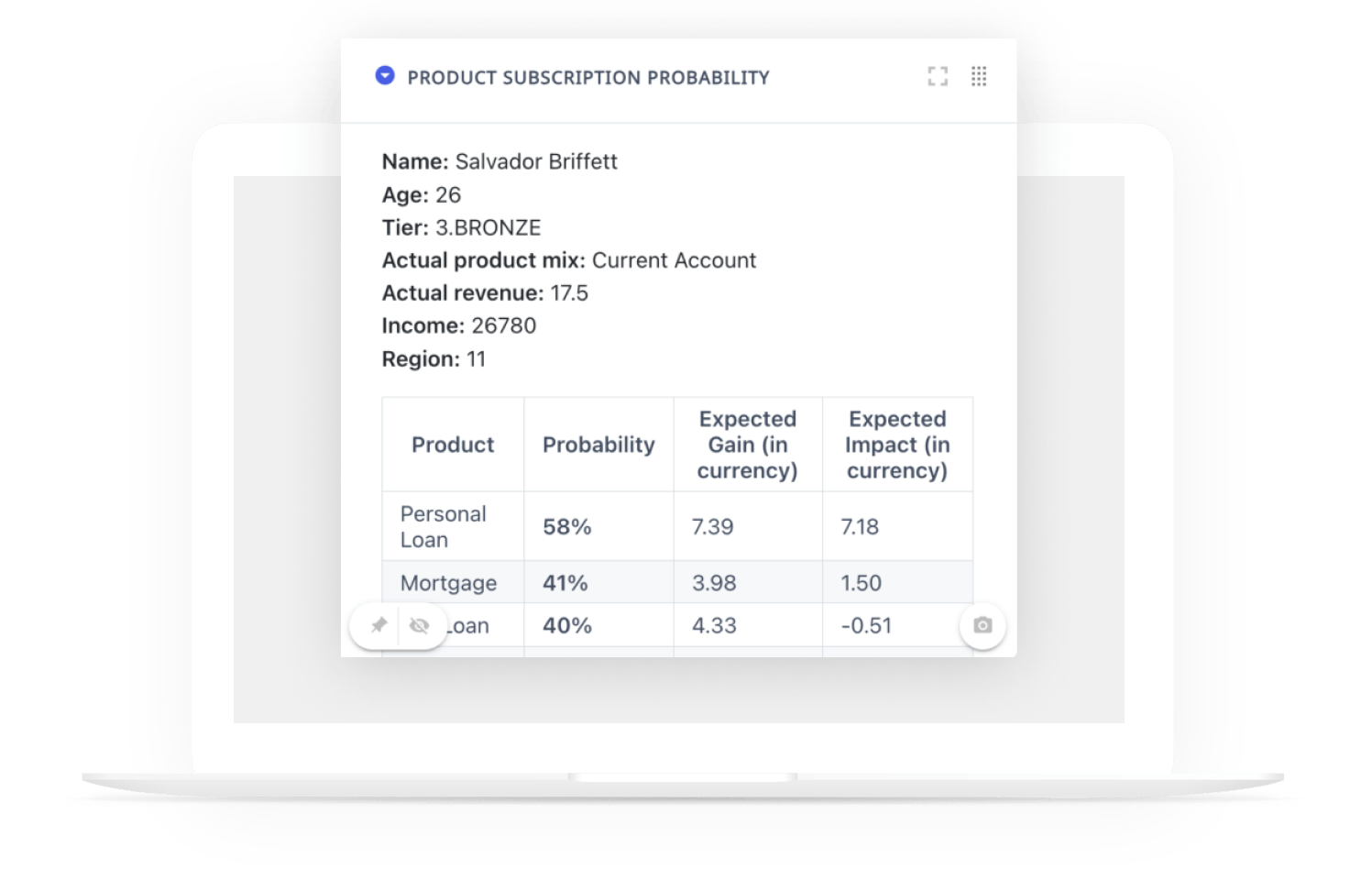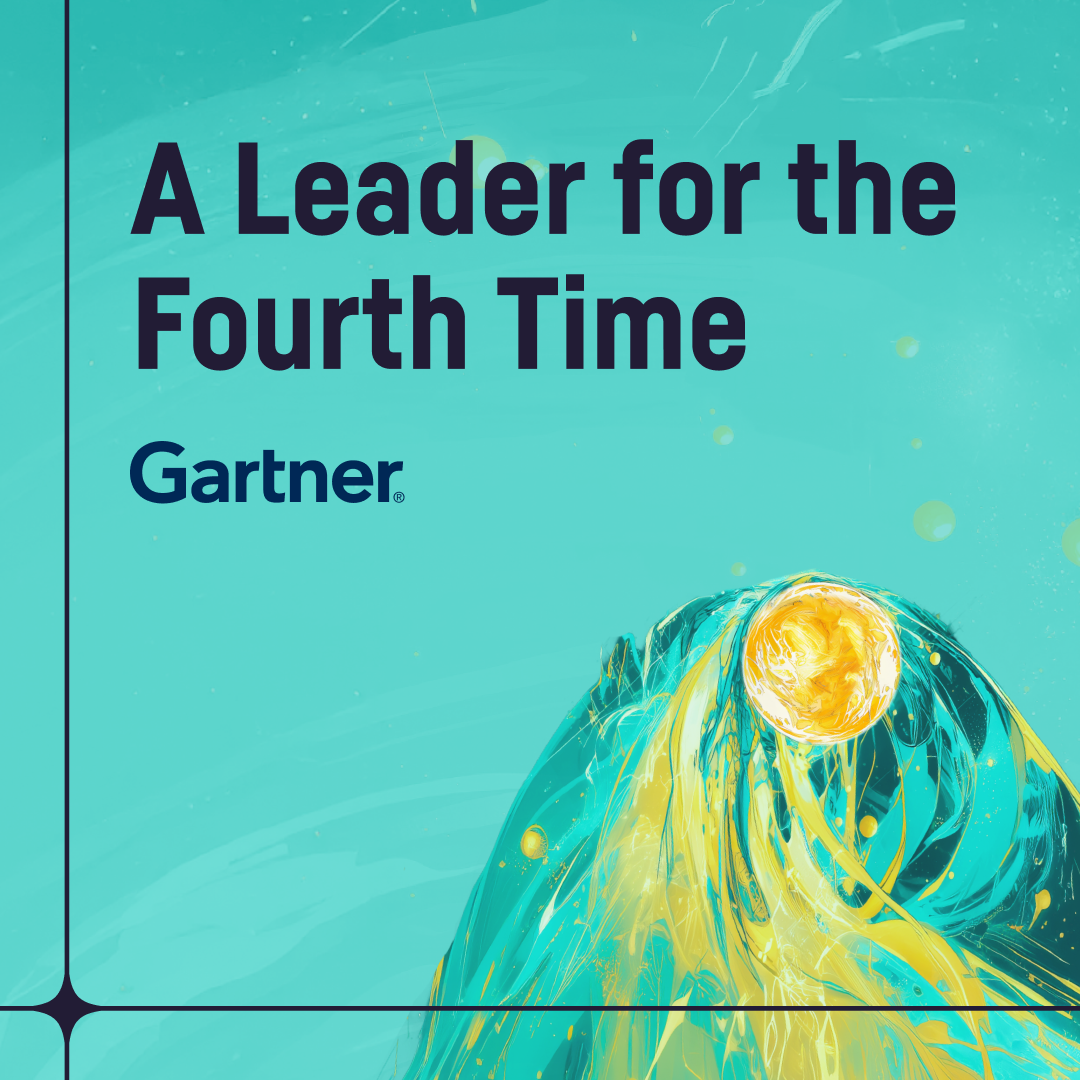Centralize & Share Curated Datasets
Dataiku provides a centralized data catalog where trusted data is ready and available for use by as many people as possible for reliable insights across the organization.
Browse through data collections — a manually curated list of relevant datasets — as well as popular datasets, which are the most frequently used datasets at your organization. Those with relevant permissions (e.g., data stewards) can also see lists of projects in which certain datasets are used as well as when datasets were created, modified, or last built.











